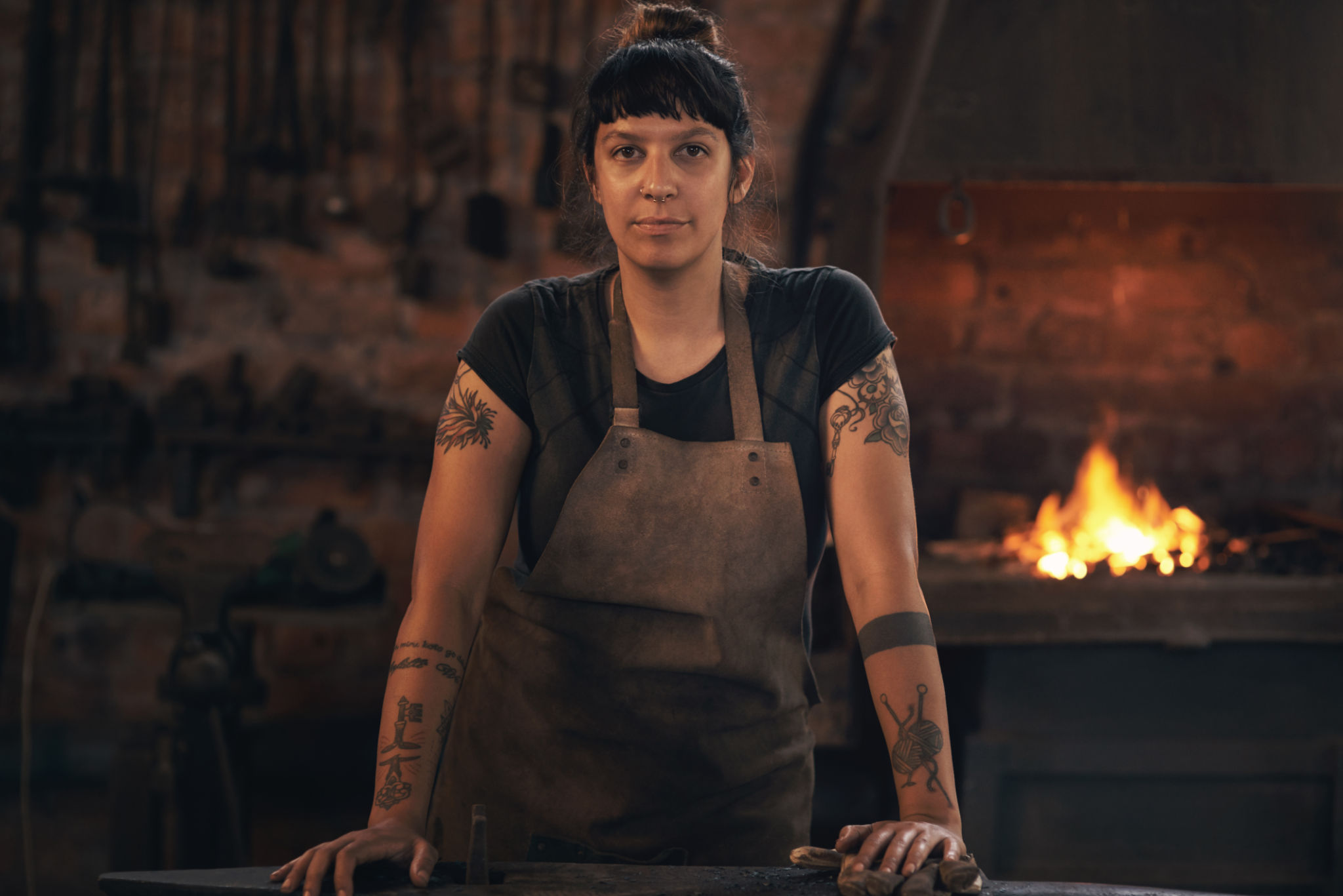How to Choose the Best Farrier: Key Considerations for Quality Hoof Care
Understanding the Role of a Farrier
Choosing the right farrier is crucial for maintaining your horse's hoof health. A farrier is a skilled craftsman who specializes in the care of horses' hooves, including trimming, balancing, and shoeing. Ensuring the hooves are in optimal condition is vital for your horse's overall well-being and performance.

Qualifications and Experience
When selecting a farrier, start by evaluating their qualifications and experience. Look for a farrier who has completed a recognized apprenticeship or certification program. Experience is equally important; a seasoned farrier will have a deeper understanding of different hoof conditions and how to address them.
Consider asking for references or testimonials from other horse owners. A well-recommended farrier with a solid reputation is often a reliable choice. Don't hesitate to inquire about their training and any ongoing education they pursue to stay updated with industry standards.
Communication and Compatibility
Effective communication between you and your farrier is essential. The farrier should be able to explain their methods, discuss your horse's specific needs, and provide advice on hoof care. Compatibility with your horse is another factor; observe how they interact with your animal to ensure a calm and positive experience.

Understanding Your Horse’s Needs
Every horse is unique, and so are their hoof care requirements. Discuss your horse's specific needs with potential farriers, including any past hoof issues or particular activities your horse engages in, such as racing or jumping. A knowledgeable farrier will tailor their approach to suit your horse's lifestyle.
Regular maintenance is crucial, so ensure the farrier's schedule aligns with your needs. Consistent visits are key to preventing problems and addressing any issues early.
Quality of Tools and Techniques
The tools and techniques used by a farrier can significantly impact the quality of care your horse receives. Inquire about the types of tools they use and their preferred techniques. A farrier who invests in quality tools and stays updated with modern methods is likely to provide superior service.

Cost and Value
While cost is a consideration, it shouldn't be the sole deciding factor. It's important to weigh the value of the service against the price. A higher fee may reflect the farrier’s experience, expertise, and the quality of care provided. Always prioritize the well-being of your horse over cost savings.
Consider discussing a payment plan or package if budget is a concern, but never compromise on quality for a lower price.
Building a Long-Term Relationship
Establishing a long-term relationship with a farrier can be beneficial for both you and your horse. A consistent farrier will become familiar with your horse’s specific needs and can track changes over time. This familiarity allows them to provide tailored care and anticipate potential issues.
Trust and mutual respect are the foundation of a successful partnership. Always express any concerns or feedback to maintain open communication and a positive working relationship.
Final Thoughts
Choosing the best farrier involves careful consideration of various factors, including qualifications, experience, and compatibility with your horse. Prioritize communication and ensure that the farrier’s techniques and tools align with your expectations. By making an informed choice, you'll contribute significantly to your horse's hoof health and overall well-being.